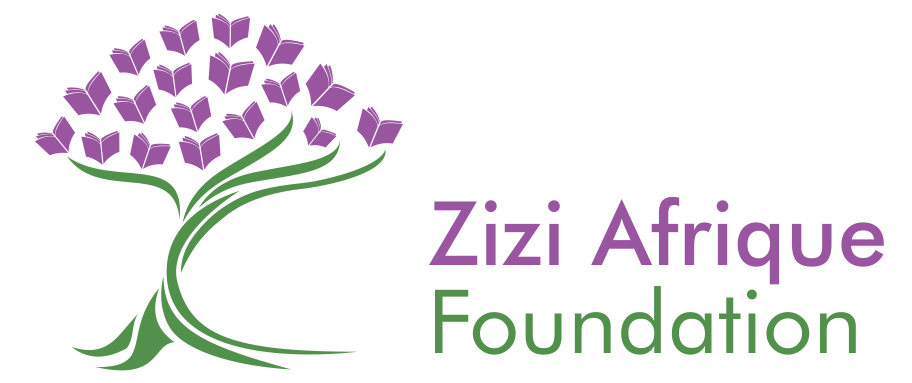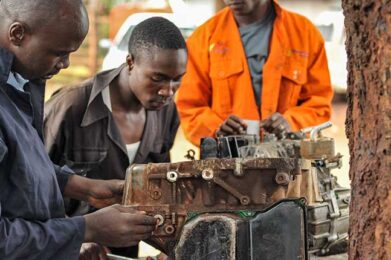
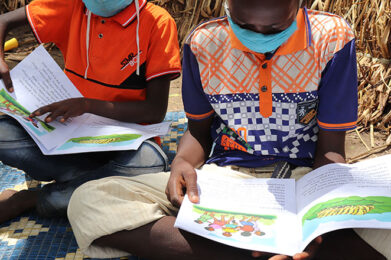
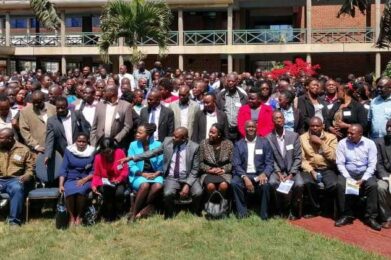
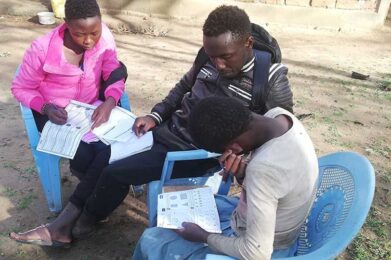
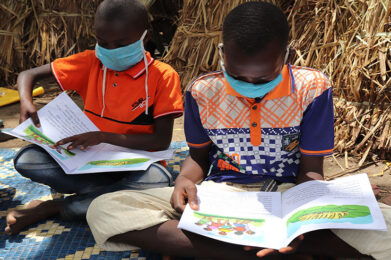
Reading with understanding, reasoning with numbers
The Accelerated Learning Program 2018 – 2022
The Problem
For 6 years, between 2010 and 2015 the Uwezo findings were released in Kenya with a regular tempo, trumpeting the message that while many children are in school, they are not learning much. This disadvantage, however, was more pronounced in Arid and Semi-Arid (ASAL) counties of Kenya first, because children are an integral part of the pastoral community and secondly, the poverty levels are high thus impacting on school participation.
About the Program
Zizi Afrique through an accelerated time-bound learning program rolled out the Teaching at the Right Level (TaRL) approach. TaRL is proven to improve basic numeracy and literacy skills for children farthest behind.
The overall goal of ALP is to improve foundational competencies in reading and math for children lagging behind in grades 3-5. The program has rolled out interventions across 3 counties in Kenya; Turkana, Bungoma and Tana River. The intended impact is that all children, irrespective of region, gender or background;
- Can read with understanding
- Can reason with numbers
The program is being implemented jointly with Safaricom Foundation and is inspired by the need to enhance literacy and numeracy skills of all children irrespective of region, gender, or background.
Scope of the program
The program is being implemented in 120 primary schools across 3 counties – Turkana, Bungoma, and Tana River. Overall, the program has equipped approximately 7,200 learners with basic skills in reading and math.
The program has adapted Combined Activities for Maximized Learning (CAMAL) approach, where:
- Children are assessed to determine their reading levels;
- Grouped by level rather than grade;
- Learning camp that combines doing, speaking, reading and writing around each learning activity, fun activities are used.
- Parental engagement is sought.
- Through short intensive bursts of intervention, learners are expected to read with comprehension and reason with numbers within 30-50 days.
Progress of individual child is continuously tracked and the information used to regroup and intervene at the new levels. Such evidence-based decision making during the learning process allows for individualized learning for each child.
The evidence generated on learning is used to drive policy conversations for improved practice.
Key Accomplishments of the Program
Impact of the Program
Recommendations
Download full ALP Report here.
Zizi Afrique envisions a world where all children and youth learn and thrive
JOIN OUR MAILING LIST
Get updates and learnings delivered to your inbox
